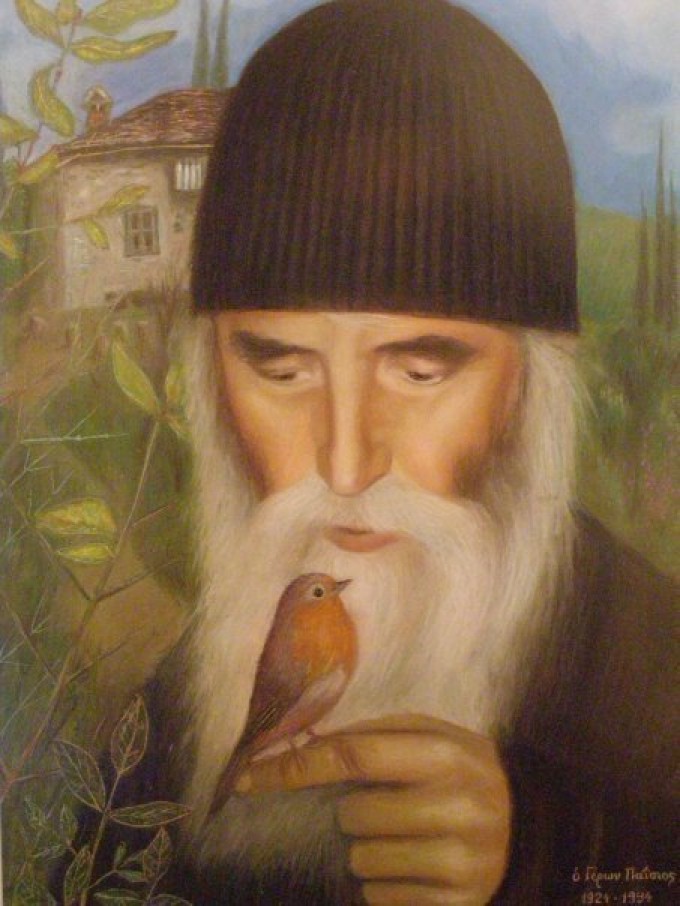”I can’t stand anymore lectures! Stop that at once!” We hear such complaints and other similar ones from children and grown-ups, kids and parents, relatives, mates and friends. And indeed nowadays the people being overtired hardly accept any rebuke, guidance or advice. And when these rebukes are made in the wrong moments and in an annoying, reckless or bossing way, they become reasons for go-by and enmity and not for righting.
We, people don’t want to be lectured. This bothers us, throws us into despair. For many reasons. First, cause we have a high self esteem. We think that we always know better. Then, cause we figure out that those who lecture us have the same flaws like us.
”Be told what to do by this man? He should better mind his own business!” Some other times we don’t want to be lectured cause we consider that we would lose our dignity and would create the conditions for being bossed around by the others. ”How long is going to take this?” we ask ourselves. ”If I obey his instructions, I will lose my freedom, my prestige.”
Unfortunately, there are many people who like to keep their eyes on others and lecture them. They always look for their faults. And wait for them around the corner to see if they made any mistake in order to hit them mercilessly. But if they had done the same mistake themselves, they would have forgiven it so easily.
However, such people have no right to become teachers for others. They have the duty to right their own wrongs first. That’s why the Lord taught us this by saying:
”How can you see the speck from your brother’s eye and you don’t see the log that it is in your own eye? Or how could you say to your brother: Let me take out the speck from your eye, when the log is there in your own eye. You hypocrite, first take the log out of your own eye and then you will see clearly to remove the speck from your brother’s eye.” (1)
The one who dares lecture his brother, must first overcome his own faults.
Then in order to advice the others he should have reached a high level in his spiritual life, should have discernment and enlightment from God. For not all people are alike. Each man has a different legacy, a different nature, a different education and different habits which tend to become his second nature. That’s why not all bear in the same way to be rebuked.
Then not all people can be righted in the same way or degree. This is reinforced by saint John the Damascene who says: ”Not all wounds heal with patches.” Meaning that not all wounds heal with the same patches, medicine or treatment.
So, how should be made the rebukes?
First of all, the rebukes should not be made in front of other people. Cause usually the other one becomes like a wild beast. Anybody who rebukes in front of other people someone who made a mistake is not driven by love or by the divine spirit. That’ why the Lord advices us:
”If your brother sins against you, go and tell him his fault, between you and him alone. And if he listens to you, you have gained your brother. But if he does not listen, take one or two others along with you, that every charge may be established by the evidence of two or three witnesses.”
Cause the spirit of the Church is not that of humiliation, but that of love, reconciliation, tolerance, edification and forgiveness.
The rebukes should be mostly made in the spirit of love and humility.
Moreover, the humble one does not like to be teacher for others. He knows how to listen and obey and when is asked to give his opinion, he speaks humbly, affectionately. On the contrary, when someone rebukes without humbleness, then he is not driven by any spiritual concern and drives wild the other one.
It is possible of course that the one who makes a mistake realizes he is in the wrong but he wouldn’t like to admit it. Conversely, when someone rebukes someone else painfully and affectionately, that person is aware of it. And even if he might not understand the advice, only for the reason that’s springing out of love and humbleness, he accepts it.
Therefore, the one who rebukes the others should do this with discernment and gentleness. Not to offend or humiliate. But to help the other one. Thus he should speak mercifully, sensitively, with tolerance and enlightment coming from the divine grace. First he praises, encourages, then advices. The humble man rights someone else without hurting him, bringing him benefit without driving him wild. He does not humiliate him, but helps him by speaking gently to him, advices him being aware of his own infirmities and awakes him to correct himself.
(1) Luke 6, 42
(2) Matthew 18, 15-16






